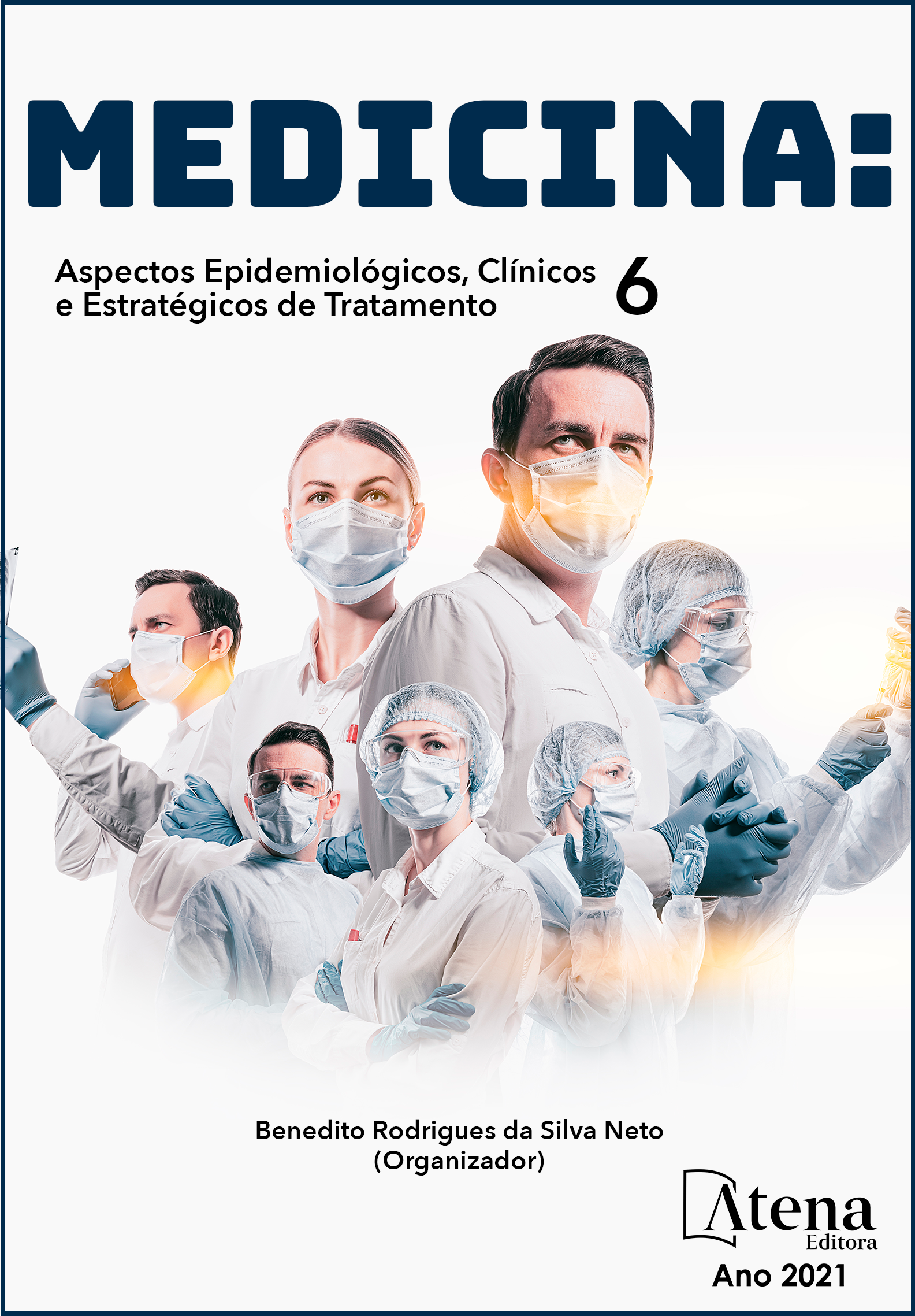
O Efeito da Nutrição Enteral Precoce na Evolução Clínica de Recém-Nascidos Pré-Termo de Muito Baixo Peso ao Nascer
Objetivo: Avaliar o efeito da nutrição enteral precoce e a evolução clínica dos recém-nascidos pré-termo de muito baixo peso ao nascer durante o período de internação na unidade neonatal. Métodos: Estudo retrospectivo realizado por meio da análise de prontuários dos recém-nascidos pré-termo com idade gestacional ≤ 32 semanas e peso de nascimento ≤ 1500g, no período de janeiro de 2010 a dezembro de 2015. De acordo com o tempo do início da dieta enteral os recém-nascidos pré-termo foram divididos em dois grupos: Grupo I – início até 48h de vida - nutrição enteral precoce, e Grupo II – inicio após 48h de vida - nutrição enteral tardia. Foram analisadas as características clínicas, nutricionais, evolutivas e o desfecho no período da internação. As análises foram realizadas utilizando os testes estatísticos Qui-Quadrado e exato de Fisher, regressão logística multivariada, odds ratio e a estatística de Wald. Considerou-se estatisticamente significante valores de p<0,05. Resultados: Dos 339 prontuários analisados, 181 (53,39%) foram de recém-nascidos que receberam nutrição enteral precoce e os demais receberam nutrição enteral tardia. Após análise dos dados, no grupo de nutrição enteral precoce observou-se menor tempo de uso de nutrição parenteral (p<0,001), recuperação mais rápida do peso de nascimento (p<0,001) e menores números de dias de internação hospitalar (p=0,031), menor incidência de sepse neonatal (p=0,011) e óbito (p=0,043). Conclusão: No presente estudo foram evidenciados os benefícios da nutrição enteral precoce no recém-nascido pré-termo muito baixo peso.
O Efeito da Nutrição Enteral Precoce na Evolução Clínica de Recém-Nascidos Pré-Termo de Muito Baixo Peso ao Nascer
-
DOI: 10.22533/at.ed.55821120519
-
Palavras-chave: nutrição enteral; pré-termo; leite humano; modelo logístico.
-
Keywords: enteral nutrition; preterm; human milk; logistic model.
-
Abstract:
Objective: To evaluate the effect of early enteral nutrition and the clinical evolution of preterm newborns with very low birth weight during the hospitalization period in the neonatal unit. Methods: Retrospective study carried out by analyzing the medical records of preterm newborns with gestational age ≤ 32 weeks and birth weight ≤ 1500g, from January 2010 to December 2015. According to the time of onset of enteral diet the preterm newborns were divided into two groups: Group I - beginning up to 48 hours of life - early enteral nutrition, and Group II - beginning after 48 hours of life - late enteral nutrition. Clinical, nutritional, evolutionary characteristics and outcome during hospitalization were analyzed. The analyzes were performed using the Chi-square and Fisher's exact tests, multivariate logistic regression, odds ratio and Wald's statistics. Values of p <0.05 were considered statistically significant. Results: Of the 339 medical records analyzed, 181 (53.39%) were of newborns who received early enteral nutrition and the others received late enteral nutrition. After analyzing the data, in the group of early enteral nutrition there was a shorter time of use of parenteral nutrition (p <0.001), faster recovery of birth weight (p <0.001) and fewer days of hospitalization (p = 0.031), lower incidence of neonatal sepsis (p = 0.011) and death (p = 0.043). Conclusion: In the present study, the benefits of early enteral nutrition in very low birth weight preterm infants were evidenced.
-
Número de páginas: 14
- Daniela M. L. M. Ferreira
- Vânia O. S. Abdallah
- Vivian M. G. O. Azevedo
- Wallisen T. Hattori
- Priscilla Araujo Duprat de Britto Pereira


